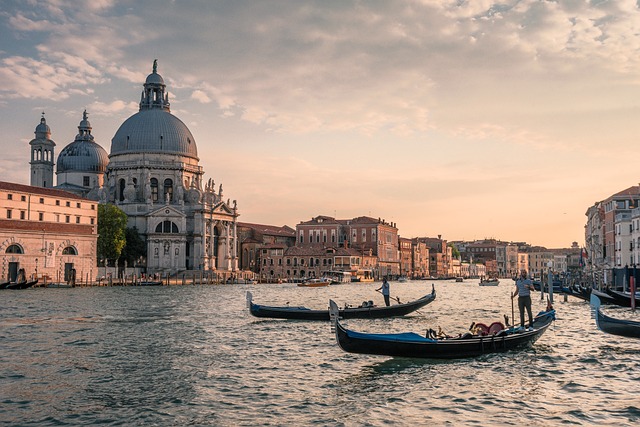
According to Eurostat, Italy is First in the EU for Tourist Beds, with 5.2 Million Capacity in 2022, Followed by France with just Under 5.1 Million.
The record, relating to Italian tourist “capacity”, has generated an important discussion on the state of hospitality in the country and its impact on the tourism industry. This news not only highlights the importance of tourism for the Italian economy, but also raises crucial questions regarding the management and sustainable development of the hospitality sector.
According to the most recent statistics, Italy boasts over five million tourist beds, thus surpassing countries such as Spain, France and Germany. This result represents a significant opportunity for the Italian tourism industry, which has a direct impact on the national economy. Tourist beds, which include hotels, bed and breakfasts, farmhouses and other accommodation facilities, are a key indicator of a country’s welcoming capacity and its degree of attractiveness for visitors. The Italian record in terms of tourist beds is the result of several factors. Italy is renowned throughout the world for its cultural richness, its thousand-year history, its extraordinary cuisine and the beauty of its landscapes. The presence of a large number of UNESCO World Heritage sites, historic monuments and cities of art, together with charming seaside resorts and wine regions, helps make the country an important tourist destination.
However, achieving this record also raises challenges and questions to consider because, the increasing of the number of tourist beds can lead to a number of consequences, including pressure on the environment, the risk of overcrowding in some areas and the need to ensure the quality of the services offered. Wise management of this growth is crucial to preserving the country’s natural and cultural heritage, while ensuring a satisfying visitor experience.
Furthermore, the COVID-19 pandemic has had a significant impact on the tourism sector, forcing many accommodation facilities to close temporarily or even permanently. The recovery of the tourism sector after the pandemic crisis has required a rethink of strategies and adaptation to the new needs and expectations of travellers. It is important to underline that the Italian record in terms of tourist beds should be seen as an opportunity to strengthen the tourism industry from a sustainability perspective. It is essential to invest in the quality of the services offered, promote responsible and sustainable tourism, and guarantee the protection of the environment and natural resources.
The involvement of local communities is crucial to effectively manage the impact of tourism on the territory. In many areas, the influx of tourism can lead to a number of economic benefits, but it is important to find a balance so that tourism growth does not become a burden on the local community, threatening the social and cultural fabric of the areas affected. In this context, it is necessary to promote policies that favour the diversification of the tourist offer, encouraging visitors to explore not only the most famous sites, but also lesser-known destinations and local traditions. Encouraging sustainable tourism in rural and off-the-beaten-path areas can help distribute tourist influx more evenly and support the local economy.
Innovation and technology can play a vital role in improving the tourist experience and developing sustainable solutions. The use of smart technologies for the management of tourist destinations, together with initiatives that promote environmental sustainability and social responsibility, can help ensure balanced and respectful tourism. Italy’s record for the number of tourist beds is significant news that requires a holistic and strategic approach. While the increase in tourist beds offers economic opportunities, it is essential to sustainably manage the growth of the sector, preserving the environment, culture and social fabric of local communities. Italy has the potential to become an example of sustainable tourism, balancing its extraordinary heritage with the responsibility to preserve it for future generations.
Alessandro Fiorentino



 Subscribe
Subscribe